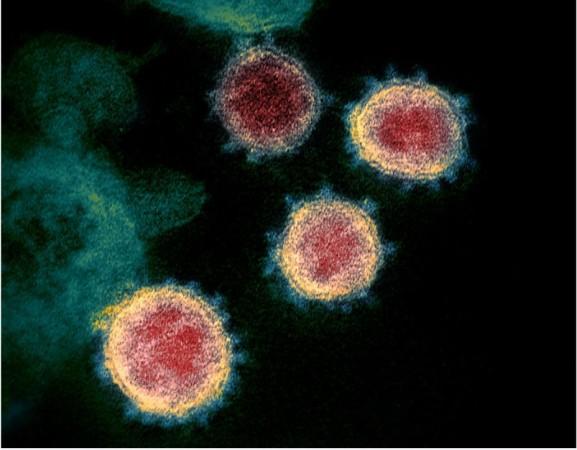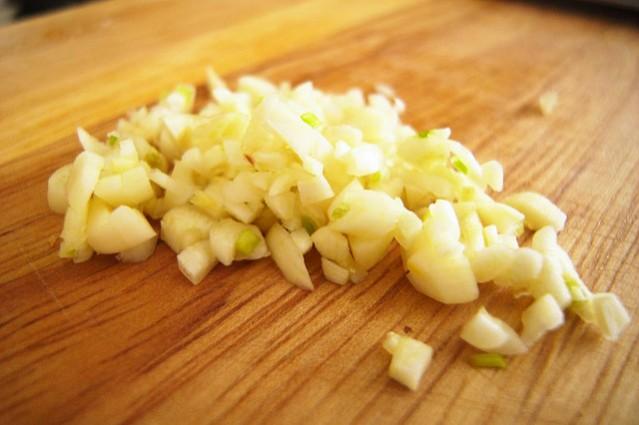Cases of 2019 coronavirus, now called COVID-19 are rising drastically. Last year, in December 2019 in China, the virus has spread around the world. In the last few days, seven more countries reported their first cases of coronavirus leading total numbers of countries affected by the COVID-19 outbreak to 56.
As of Thursday, more than 2,800 people have died globally from COVID-19 while more than 82,000 infections have been confirmed in dozens of countries, according to the World Health Organization.

Epidemic at a "decisive point globally"
Tedros Adhanom Ghebreyesus, director-general of WHO, said the epidemic was at a "decisive point globally" and that it could "get out of control" if affected countries did not move swiftly to contain it.
But he also cautioned that even though the virus has "pandemic potential," people should not fear or panic. "This is not a time for fear. This is the time for taking action now to prevent infections and save lives now," he said.
His remarks can be seen in the background of unsubstantiated claims swirling, asserting to contain the coronavirus even though WHO has said there is no effective treatment for COVID-19 as of yet.
Knowing the facts about the virus is as important as taking requisite precautions to ensure keeping the disease away. Here are some common myths surrounding coronavirus spread clarified by the World Health Organisation:
Are hand dryers effective in killing coronavirus?
WHO says no. Hand dryers are not effective in killing the 2019-nCoV To protect yourself against the new coronavirus, you should frequently clean your hands with an alcohol-based hand rub or wash them with soap and water. Once your hands are cleaned, you should dry them thoroughly by using paper towels or a warm air dryer.
Can a UV disinfection lamp kill coronavirus?

UV lamps should not be used to sterilize hands or other areas of skin as UV radiation can cause skin irritation.
How effective are thermal scanners in detecting infected people?
Thermal scanners are effective in detecting people who have developed a fever (i.e. have a higher than normal body temperature) because of infection with the new coronavirus.
However, they cannot detect people who are infected but are not yet sick with fever. This is because it takes between 2 and 10 days before people who are infected become sick and develop a fever, according to WHO.

Can spraying alcohol or chlorine all over your body kill the virus?
No. Spraying alcohol or chlorine all over your body will not kill viruses that have already entered your body.
Be aware that both alcohol and chlorine can be useful to disinfect surfaces, but they need to be used under appropriate recommendations.
Is it safe to receive a letter or a package from China?
Yes, it is safe. People receiving packages from China are not at risk of contracting the new coronavirus. From the previous analysis, we know coronaviruses do not survive long on objects, such as letters or packages.
Can pets at home spread COVID-19?
At present, there is no evidence that companion animals/pets such as dogs or cats can be infected with the new coronavirus.
However, it is always a good idea to wash your hands with soap and water after contact with pets. This protects you against various common bacteria such as E.coli and Salmonella that can pass between pets and humans.
Do vaccines against pneumonia protect you against the new coronavirus?
No. Vaccines against pneumonia, such as pneumococcal vaccine and Haemophilus influenza type B (Hib) vaccine, do not provide protection against the new coronavirus.
The virus is so new and different that it needs its own vaccine. Researchers are trying to develop a vaccine against COVID-19.
Can regularly rinsing your nose with saline help prevent infection?
No. There is no evidence that regularly rinsing the nose with saline has protected people from infection with the new coronavirus.
There is some limited evidence that regularly rinsing nose with saline can help people recover more quickly from the common cold. However, regularly rinsing the nose has not been shown to prevent respiratory infections.
Can eating garlic help?

Garlic is a healthy food that may have some antimicrobial properties. However, there is no evidence from the current outbreak that eating garlic has protected people from the new coronavirus.
Does putting on sesame oil block the new coronavirus from entering the body?
No. Sesame oil does not kill the new coronavirus.
Does the new coronavirus affect older people, or are younger people also susceptible?
People of all ages can be infected by the new coronavirus (2019-nCoV). Older people and people with pre-existing medical conditions (such as asthma, diabetes, heart disease) appear to be more vulnerable to becoming severely ill with the virus.
Are antibiotics effective in preventing and treating coronavirus?
No, antibiotics do not work against viruses, only bacteria. The new coronavirus (2019-nCoV) is a virus and, therefore, antibiotics should not be used as a means of prevention or treatment.
Are there any specific medicines to prevent or treat the new coronavirus?
To date, there is no specific medicine recommended to prevent or treat the new coronavirus (2019-nCoV).
Health officials have said the respiratory disease is capable of spreading through human-to-human contact. Touching or taking in droplets disseminated while sneezing and coughing by an infeccted person could lead to the disease. WHO advises people of all ages to take steps to protect themselves from the virus, for example by following good hand hygiene and good respiratory hygiene.
Note: Clarification on myths related to coronavarius provided by WHO.















